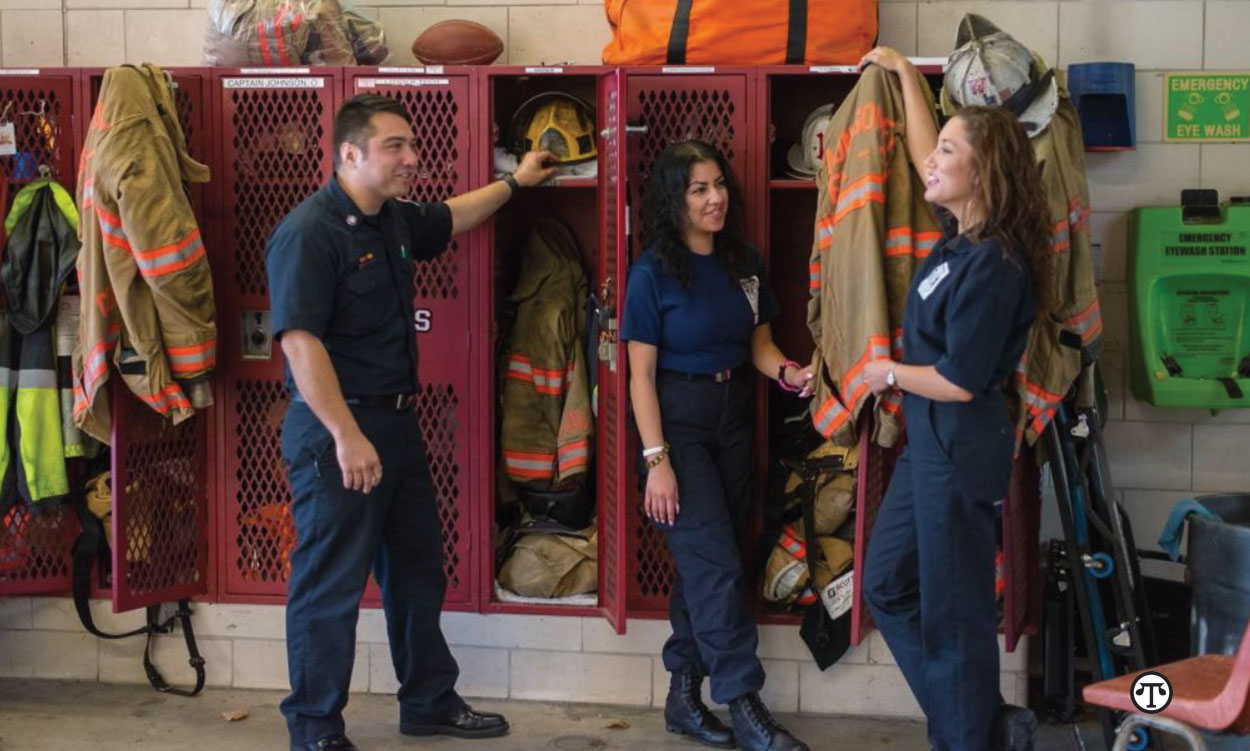

(NAPSI)—Every 24 seconds, a fire department responds to a fire somewhere in the nation.
Fortunately, America’s firefighters are on the job, saving life and property. Of the 29,980 fire departments in the country, 19,915 are all volunteer and 5,580 are mostly volunteer. Volunteer firefighters save communities nationwide an estimated $140 billion a year. Seven out of 10 firefighters and emergency responders are volunteers.
Even more good news is that many millennials—those 18 to 35 years old—have discovered volunteering to be firefighters can be a wonderful way to give back to their communities.
The Problem
Many local departments are struggling to meet staffing needs. Call volume has tripled in the last 30 years as fire departments’ roles in communities continue to expand, making the need for volunteers greater than ever. Yet many community members are unaware of this need. A National Volunteer Fire Council (NVFC) survey found 41 percent of respondents did not know that their department used volunteers and 79 percent did not know their department was looking for more volunteers. The NVFC is the leading nonprofit membership association representing the interests of the volunteer fire, EMS and rescue services.
An Answer
On the plus side, the NVFC survey found that 44 percent of millennials expressed an interest in volunteering as an emergency responder. For millennials, volunteering in the fire service provides a unique way to give back to the community while developing skills and experience that can contribute greatly to many aspects of their personal and professional lives.
Just about anyone can be a volunteer firefighter—they come from all backgrounds, professions, ages, genders, races and ethnicities. Certain departments may have specific requirements, such as a high school degree, a physical, and a background check, but when it comes down to it, volunteering as a first responder is all about having the heart and drive to make a difference where it’s needed most.
New recruits are trained by the department. Skills to learn vary based on the department’s response requirements, but training may cover a wide array of emergency situations such as fires, emergency medical incidents, terrorist events, natural disasters, hazardous materials incidents, water rescue emergencies and other public service calls.
Learn More
For further information and to find a nearby fire service volunteer opportunity, visit www.MakeMeAFirefighter.org.
—————————————————————————————
Note to Editor: National Volunteer Week is April 23−29, 2017 but this article can be of interest to your readers any time.
